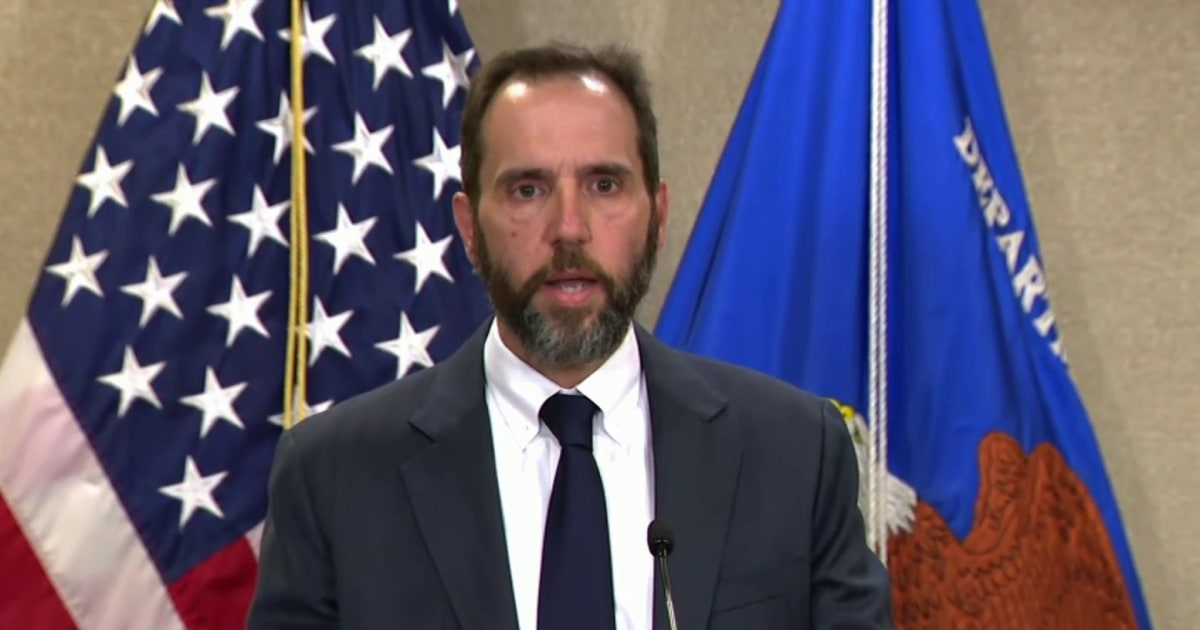
WASHINGTON — The Supreme Court on Tuesday said that the Maine House of Representatives cannot bar a Republican lawmaker from speaking in the chamber or voting as a result of comments she made about a transgender student athlete.
In a brief order, the high court granted an emergency request from Maine state Rep. Laurel Libby, who faced considerable blowback from a social media post in February when a transgender girl won a pole vault event in the state championship earlier this year.
The Trump administration has offered its support to Libby, with the Justice Department filing a brief in a federal appeals court. Litigation will now continue in that court.
Two of the court’s liberal justices, Sonia Sotomayor and Ketanji Brown Jackson, disagreed with the outcome. The court has a 6-3 conservative majority.
Libby, a critic of the state’s policy to allow transgender athletes to compete in high school sports, posted a photo of the child athlete alongside a photo of the same student competing in the boys’ event in a previous year.
The Maine House of Representatives, which is controlled by Democrats, subsequently censured Libby.
The issue before the Supreme Court was not the censure, but a separate punishment that barred Libby from speaking or voting in the House of Representatives until she apologized.
As a result, Libby was unable to properly represent her constituents, leaving them without a voice in the legislature, her lawyers argued. A group of voters joined Libby in filing suit.
They asked the Supreme Court to immediately allow her to participate in the current legislative session, which ends in June, arguing that the punishment violates the voting rights of her constituents under the Constitution’s 14th Amendment.
Lower courts refused to intervene, saying that her claims were barred by legislative immunity.
Maine Attorney General Aaron Frey said in court papers that the actions taken by the House of Representatives constituted a “modest punishment” that merely required an apology, not for Libby to recant her views.
In her dissenting opinion, Jackson said she did not think Libby had met the high bar required for the Supreme Court to intervene.
Among other things, Libby and her supporters had not shown that there are important votes coming up, or any votes where her participation was key to the outcome, Jackson said.
While it is “certainly possible” that Libby would ultimately prevail on her legal arguments, the outcome was “not clear, let alone indisputably so,” she added.








